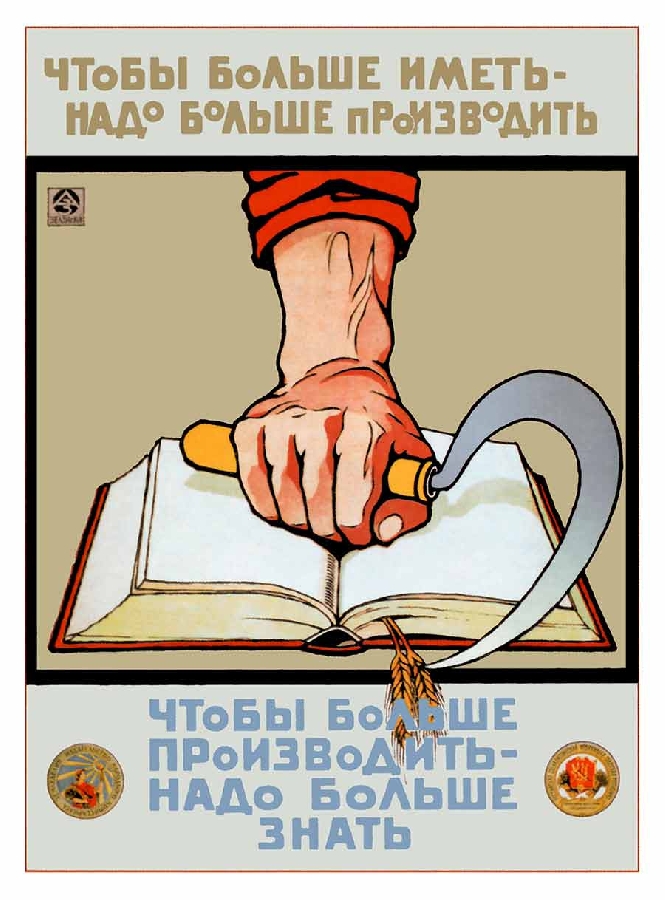Hello everyone, welcome to Theory Thursday! This is a community led project, the point of these posts is to read about 30 minutes of theory every Thursday. Then we discuss with fellow comrades the contents of the reading. This week’s topic we are covering Fredrick Engels’ The Principles of Communism, parts 1-13.
The reading: https://www.marxists.org/archive/marx/works/1847/11/prin-com.htm
Discussion
- What was bad about the text?
- What was good about the text?
- Overall, how can we apply this reading to our current conditions?
Next week we will be discussing parts 14-25 of the text. Have a good week comrades, until next time!
 9·1 year ago
9·1 year ago- I found the bit about proles potentially being worse off than slaves strange. His predictions about England/France leading the revolution turned out to be incorrect. There was definitely also an undertone of euro-centric elitism in the text. The way he described the ‘civilized’ Europeans spreading technology to the ‘barbarous’ nations is definitely problematic in its framing. This was the knowledge of the time of 1800’s Europe, so reading it today we need to keep that perspective, that doesn’t excuse it though. Engels, in this regard, was definitely a man of his time.
- I thought that the text was very clear and to the point, it left no room for vague interpretation. Clearly explaining the origins of: Proletarians, bourgeoisie, the industrial revolution, comparing proles to other types of workers, the means of production, capitalism’s impact on society, technology, globalization, and periodic market crashes. I like how he really emphasized the roles of competition and private property as key features of the capitalist system. How he explains in grotesque detail how they use all of these things to crush the workers.
- I think mostly all of the themes hold true today. If Engels were to see the state of the world, he’d be shocked at how accurate he was with the far majority of his predictions. The development of globalization and technology’s impact on modern capitalism would probably blow his mind.
